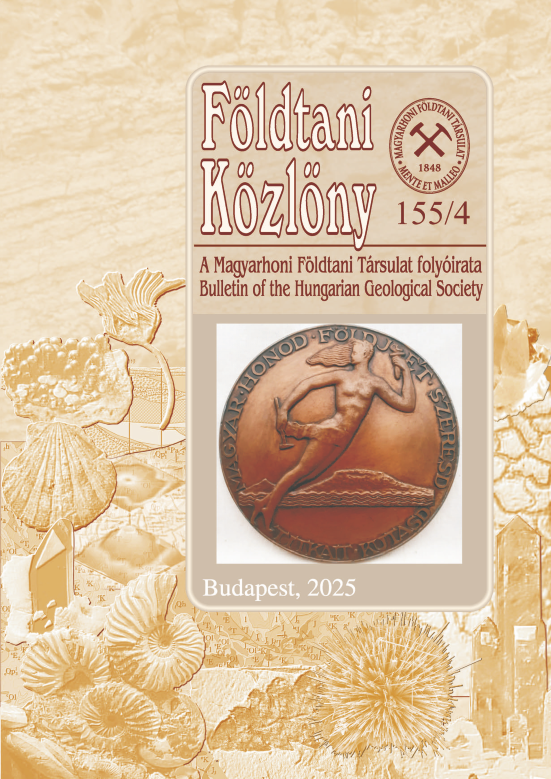Domestic practice with reference to the hydrocarbon inventory of Hungary and the uniform interpretation and correlation of classification, in line with international systems
Abstract
In the framework of cooperation taking place between the Hungarian Office for Mining and Geology (MBFH) and the Geological and Geophysical Institute of Hungary (MFGI), the project “Overview of international systems of mineral resources inventories — the base for national harmonization” was launched in 2013. One of the sub-tasks of the project is the modernization of the inventory for hydrocarbon mineral resources. In the course of the work a study has been carried out which comparing and contrasting the domestic recording system with the various international reporting standards (including the UN framework for classification). The present paper demonstrates how the domestic inventory can be integrated with international systems. The suggestions made are backed up with a case study.
In developing the hydrocarbons topic which is integral to the project the MBFH and MFGI staff — together with the experts of the Hungarian Geological Society and the entrepreneurial sphere representing the Hungarian Mining Association — reviewed: (i) the current structure of the domestic hydrocarbon inventory, (ii) final reports and reporting practices of hydrocarbon prospecting and research published in annual reports, (iii) the expectations of the MBFH with regard to the reporting of production by companies,(iv) the applicability of international classifications in Hungary and (v) the possibilities for developing and adjusting the current hydrocarbon resource inventory used in Hungary.
A working consensus has emerged that data concerning the discovered hydrocarbon resources and published in the final report of the research, can be classified by the Petroleum Resorces Management System (PRMS) of the Society of Petroleum Engineers (SPE). However, for the aforesaid to be valid it is neessary that the data can be correlated with the coding in the United Nations Framework Classification (UNFC). A “Glossary” was made by the experts and this includes detailed definitions of the SPE/PRMS system. Furthermore, a proposal has been put forward which aims to modernize “Block data profile” used for the hydrocarbon inventory data report of entrepreneurs. It also intends to ensure compliance with the proposed classification systems. The results may help the MBFH in its efforts to implement the standardized treatment and processing of data — i.e. that received from entrepreneurs — by using state-of-the-art methods.











